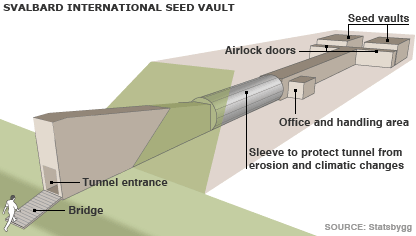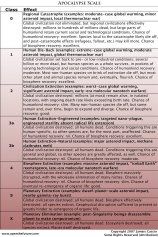From Guardian Unlimited:
Target Iran: US Able to Strike in Spring
Despite denials, Pentagon plans for possible attack on nuclear sites are well advanced
US preparations for an air strike against Iran are at an advanced stage, in spite of repeated public denials by the Bush administration, according to informed sources in Washington.The present military build-up in the Gulf would allow the US to mount an attack by the spring. But the sources said that if there was an attack, it was more likely next year, just before Mr Bush leaves office.
Neo-conservatives, particularly at the Washington-based American Enterprise Institute, are urging Mr Bush to open a new front against Iran. So too is the vice-president, Dick Cheney. The state department and the Pentagon are opposed, as are Democratic congressmen and the overwhelming majority of Republicans. The sources said Mr Bush had not yet made a decision. The Bush administration insists the military build-up is not offensive but aimed at containing Iran and forcing it to make diplomatic concessions. The aim is to persuade Tehran to curb its suspect nuclear weapons programme and abandon ambitions for regional expansion.
Robert Gates, the new US defence secretary, said yesterday: “I don’t know how many times the president, secretary [of state Condoleezza] Rice and I have had to repeat that we have no intention of attacking Iran.”

 The
The 








